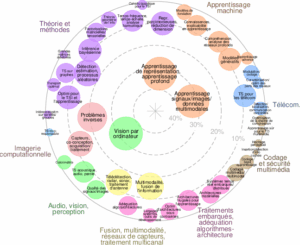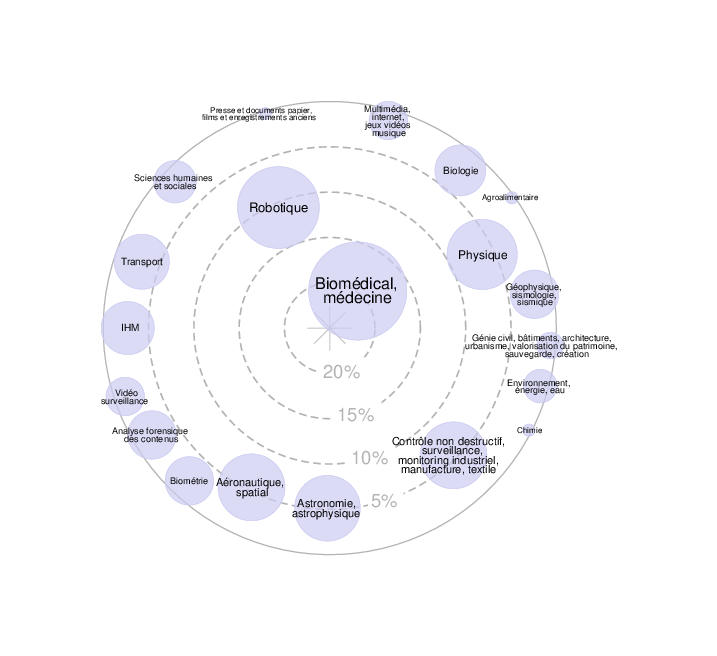Laboratory / university: CRIStAL (UMR 9189), SigMA team, University of Lille
Duration: 18 months, starting around September 2026
Co-supervisors:
- Jenny Sorce jenny.sorce@univ-lille.fr
- P.-A. Thouvenin pierre-antoine.thouvenin@centralelille.fr
Context :
The project is part of the Chaire WILL UNIVERSITWINS (UNIVERSe dIgital TWINS) led by Jenny Sorce (funded by the Université de Lille under the initiative of excellence). The successful candidate will be jointly supervised by Jenny Sorce (CNRS Researcher in cosmology) and Pierre Antoine Thouvenin (Assoc. Prof., Centrale Lille), and hosted in the CRIStAL lab (UMR 9189), Lille, France. The work will be conducted in collaboration with Jean Prost (Assoc. Prof., ENSEEIHT) in the IRIT lab. More than 2000 GPU.hours have already been secured for the project at TGCC on the Irene/Rome partition. They will be used to finetune, validate and deploy the surrogate model to perform Bayesian inference. Access to the medium scale computing center from the University of Lille is also ensured.
Subject:
According to the standard cosmological model, about 95% of the Universe is dark. Recent large survey analyses reveal tensions with this model. For instance, the local measurement of the expansion rate and the estimate of the Universe homogeneity differ by more than three standard deviations from those inferred with the first light of the Universe. These discrepancies are at the heart of a heated debate in cosmology to determine whether these tensions require new physical models to be acccounted for, or are mere consequences of systematic biases in the observation processing pipeline. Part of this pipeline relies on cosmological simulations to act as the missing ground truth. However, the simulations only reproduce the statistics of the local cosmic web. A new type of simulations, qualified as constrained, is emerging. Initial velocity and density fields of such simulations stem from observational constraints.
Candidate profile :
PhD in signal/image processing, computer science or applied mathematics.
Required background and technical skills:
The project requires a strong background in data science and/or machine learning (statistics, optimization), signal & image processing. Very good Python coding skills are expected. A B2 English level is mandatory. Knowledge in C++ programming, as well as experience or interest in parallel/distributed code development (MPI, OpenMP, CUDA, …) will be appreciated.
Application procedure: applicants are invited to send the following documents as a single file in .pdf format to all the co-supervisors:
- a detailed curriculum, including a list of publications;
- link to the PhD manuscript (or PhD project if upcoming defense);
- reports from PhD reviewers if available;
- a cover letter;
- references: recommendation letters or names of 2 researchers/professors recommending your application.





